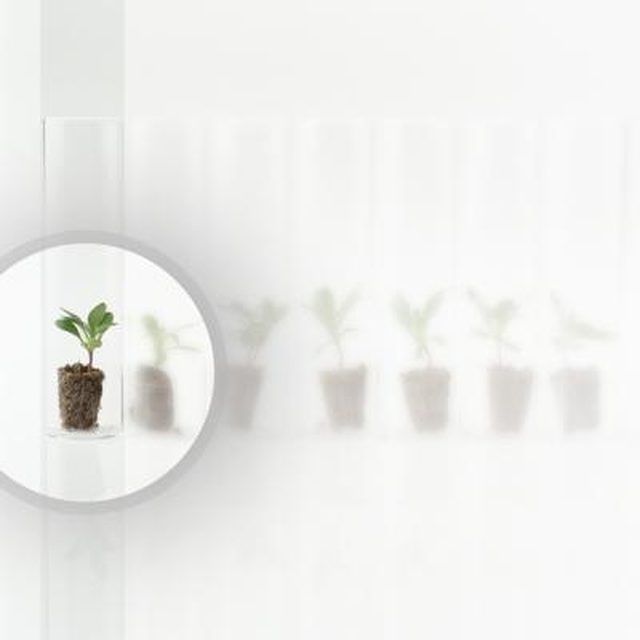Bulbs
Flower Basics
Flower Beds & Specialty Gardens
Flower Garden
Garden Furniture
Garden Gnomes
Garden Seeds
Garden Sheds
Garden Statues
Garden Tools & Supplies
Gardening Basics
Green & Organic
Groundcovers & Vines
Growing Annuals
Growing Basil
Growing Beans
Growing Berries
Growing Blueberries
Growing Cactus
Growing Corn
Growing Cotton
Growing Edibles
Growing Flowers
Growing Garlic
Growing Grapes
Growing Grass
Growing Herbs
Growing Jasmine
Growing Mint
Growing Mushrooms
Orchids
Growing Peanuts
Growing Perennials
Growing Plants
Growing Rosemary
Growing Roses
Growing Strawberries
Growing Sunflowers
Growing Thyme
Growing Tomatoes
Growing Tulips
Growing Vegetables
Herb Basics
Herb Garden
Indoor Growing
Landscaping Basics
Landscaping Patios
Landscaping Plants
Landscaping Shrubs
Landscaping Trees
Landscaping Walks & Pathways
Lawn Basics
Lawn Maintenance
Lawn Mowers
Lawn Ornaments
Lawn Planting
Lawn Tools
Outdoor Growing
Overall Landscape Planning
Pests, Weeds & Problems
Plant Basics
Rock Garden
Rose Garden
Shrubs
Soil
Specialty Gardens
Trees
Vegetable Garden
Yard Maintenance
Advantages & Disadvantages of Cloning Crop Plants in Tissue Culture
Advantages & Disadvantages of Cloning Crop Plants in Tissue Culture. Scientists and agribusinesses can propagate plants by cloning them in tissue culture. This type of asexual propagation is also called micropropagation. Micropropagation is a popular technique that has both advantages and disadvantages.

Scientists and agribusinesses can propagate plants by cloning them in tissue culture. This type of asexual propagation is also called micropropagation. Micropropagation is a popular technique that has both advantages and disadvantages.
Function
In micropropagation, small pieces of tissue cut from the parent plant are grown on an artificial medium in a petri dish. The medium contains all the nutrients the plant cells need to thrive. Detached from the parent plant, the cells on the medium divide to form a lump of tissue called a callus; the callus will later differentiate to form a plantlet. The micropropagation technique can rapidly produce large numbers of individuals that are genetically identical to the parent.
Benefits
If an individual plant has highly desirable traits, micropropagation can create a large number of clones that all share the same characteristics. For example, if a particular flower has a certain shade of color breeders find appealing, they can clone the plant to create many individuals that share this particular feature. Cloning in tissue culture is also fundamental to genetic engineering techniques, since typically these must be performed in culture.
Disadvantages
Cloning in tissue culture doesn't introduce any new genes into the gene pool and can pass on undesirable traits. If a plant is unusually susceptible to disease, for example, and the plant is cloned in tissue culture, all of the clones will share this undesirable feature found in their parent plant. Crop breeding, by contrast, creates individuals that have genes from two parents rather than only one.